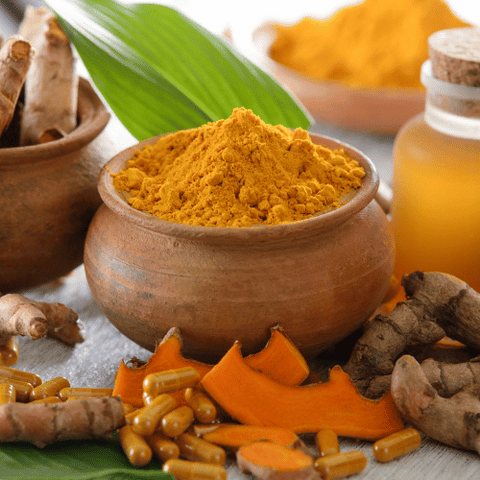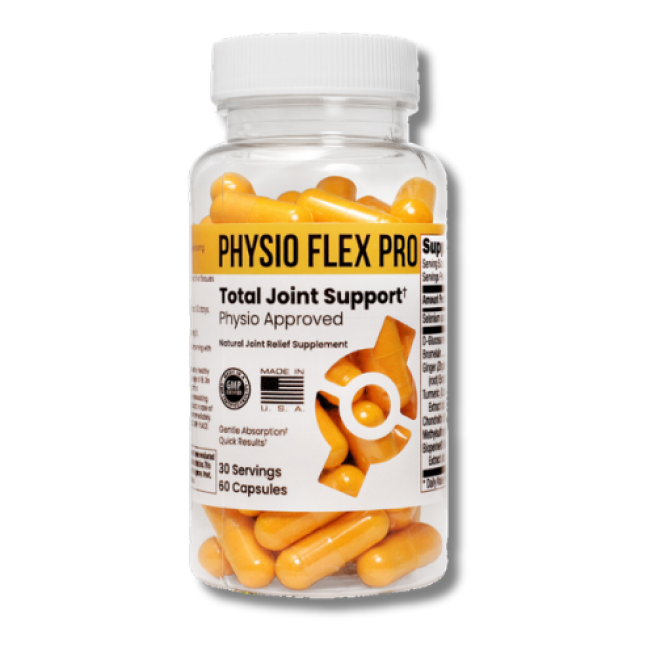Are you constantly battling inflammation and wondering about the best time to take turmeric for relief? You're not alone. Many seek the anti-inflammatory prowess of turmeric but are left puzzled about its optimal consumption time.
Drawing from a decade of research and expert consultations, this article is your definitive guide. We'll unravel the science behind turmeric's benefits, ensuring you harness its full potential.
As someone who's navigated the maze of natural remedies, I understand your quest for clarity. Dive in as we explore the ideal timing for turmeric intake, ensuring you're not just consuming it, but optimizing it.
Understanding Turmeric

Turmeric, a traditional ingredient used for cooking, imposes anti-inflammatory properties to remedy inflammation. With the support of an active compound called curcumin, turmeric possesses anti-inflammatory effects through modulating immune system responses and reducing pro-inflammatory cytokines.
Now the burning question lies - is there a best time of day to take turmeric?
Turmeric can treat conditions such as osteoarthritis, inflammatory bowel diseases, lower cholesterol levels, and provide relief for chronic pain.
The significance of timing is due to consistency, but it also varies in considering the form and when you take it with other medications.
If you’re hesitating in taking the first dose of turmeric today, I have provided studies and findings on what studies and experts say about turmeric’s efficacy and if timing as an important factor.
What is it?
Known to be a native ingredient in South Asia, Turmeric is derived from the root of the Curcuma longa plant as a bright yellow spice. A 2020 study recently showed that Turmeric has been added to processed foods, nutraceuticals, and beverages.
While Turmeric has been widely used for cooking in Indian and Southeast Asia cuisines, it’s also used as a traditional medicine to treat swelling and reduce pain and inflammation.
Turmeric Benefits for Inflammation
Curcumin, a turmeric component, mitigates the body's inflammatory response by reducing the production of enzymes and inflammatory molecules.
Moreover, turmeric has antioxidant benefits that can combat oxidative stress. A 2015 study revealed the effectiveness of turmeric extract with its anti-inflammatory activity in treating MTX-induced liver toxicity.
This ingredient can alleviate various inflammatory conditions such as arthritis, gastrointestinal disorders, heart disease, and metabolic syndrome (MeTS). Turmeric also provides relief in symptoms such as abdominal pain, acne, headache, fatigue, and obesity.
Evolution of Turmeric Usage
Turmeric has been used as an ingredient for natural healing. A 2019 journal shows that the Ayurveda ancient Indian system of natural healing recognized turmeric juice in healing wounds.
Turmeric paste was also used for skin conditions like chicken pox, smallpox, and shingles and blemishes. In 250 B.C., Susruta's Ayurvedic compendium recommended turmeric ointment to relieve the effects of poisoned food. Turmeric has always been considered a promising component in the Dravidian and Aryan cultures, expanding its value in the history of indigenous groups.
In China, around 1,000 years ago, turmeric was used as a part of Chinese medicine. The Chinese people are particular in using turmeric for stomach, liver, and spleen medicines. They use it as an analgesic, anti-viral, and as an antibiotic to purify and stimulate.
When Is The Best Time Of Day To Take Turmeric?
Morning vs. Evening
There's a lack of scientific evidence on the right time to take turmeric. So, if you're wondering whether you should take it in the morning or evening, the answer is whenever you're most likely to remember to take it. This was proven in a 2020 feasibility study wherein the turmeric effect imposed no difference on urine oxidative stress markers when it was taken in the morning vs the evening.
Whether you choose to take it in the morning or evening is fine. What matters is your consistency in taking it. The effectiveness will vary depending on your personal routine, which may be different from others.
With or Without Food?
Some registered dietitians recommend taking turmeric with meals or beverages once you consistently use it. Depending on your preference, they recommend adding black pepper to your salad dressing (or choosing a supplement that includes the active ingredient in black pepper, piperine/Bioperine. This will intensify the absorption of turmeric.
Scientific Studies and Findings
Efficacy Regardless of Timing
The time of the day doesn’t affect the anti-inflammatory properties of turmeric, as stated in the most recent study where the morning or evening shouldn’t be your basis for knowing turmeric’s efficacy.
Dosage Recommendations
When included with curcumin, The World Health Organization recommends taking 3 mg per kg of body weight of curcuminoids.
A 2009 piece of research suggests standardized turmeric extracts with 90-95% curcumin can be taken 250-500 mg 3 times per day. Before taking turmeric and knowing other dosage options, it’s essential to consult a healthcare professional first for personal suggestions.
FAQ Section
Q: Does the time of day I take turmeric affect its anti-inflammatory efficacy?
A: Research indicates that the time of day doesn't significantly alter its efficacy.
Q: Can I take turmeric on an empty stomach?
A: It's generally recommended to take it with food, especially with black pepper, to enhance absorption and reduce potential side effects.
Q: How long does it take to see results from taking turmeric for inflammation?
A: Results can vary, but many individuals report feeling relief within a few weeks of consistent use.
Q: Are there any side effects associated with turmeric?
A: Some individuals may experience gastrointestinal discomfort. Always consult with a healthcare professional before starting any new supplement.
Q: Can I take turmeric with other medications?
A: It's essential to consult with a healthcare professional to ensure there are no interactions with other medications.
Conclusion
To conclude, turmeric remains a natural ingredient to remedy inflammation-related conditions like arthritis, chronic pain, and gastrointestinal disorders. The best time of the day to take it depends on individual preferences and what healthcare professionals have to say depending on your lifestyle or existing medical conditions. Also, consistency is the key to getting results.





